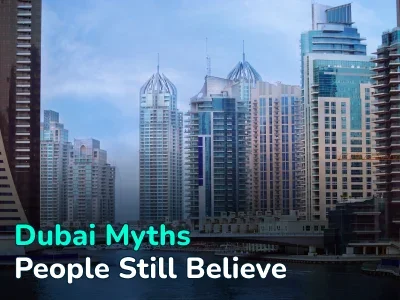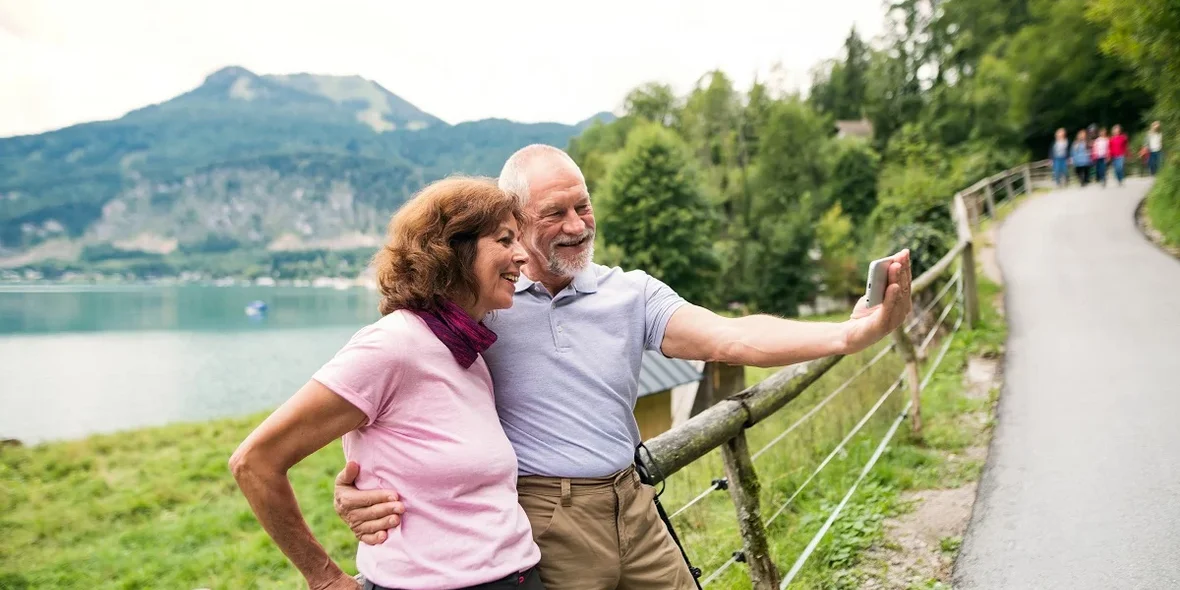
The Best Countries for Retirement Living in 2024. A Detailed Guide
Which destinations are worth considering for a post-retirement move? In this piece, read our guide to affordable and comfortable places to live for retirees.
According to the magazine International Living, the top most suitable countries for retirees to live in 2024 include Costa Rica, Ecuador, Portugal, Mexico, Panama. We considered these states in terms of the following parameters: climate, visa requirements for retirees, prices for buying and renting residential real estate, the cost of living in general, health care, safety, transportation, and social life. When indicating prices in our guide, we relied on the international database traveltables.com.
Costa Rica
Costa Rica is located in Central America and borders Nicaragua and Panama. More than 10% of Costa Rica's more than 5 million residents are immigrants, and foreigners, including retirees, continue to arrive.
A telling fact about the country is that since the abolition of the army in 1948, the military budget has been reallocated to education and health care. As a result, these sectors are of the highest quality in Costa Rica.
Climate
Costa Rica's tropical climate suits you if you like hot weather. If you prefer something temperate, the uplands of San Jose and the Central Valley will suit you.
Visa for Pensioners
Costa Rica offers foreign retirees a special visa option, the Pensionado Visa or Rentista Visa. The minimum pension or any other reliable source of income must be about €2500 per month.
Buying and Renting an Apartment
Prices for the purchase of apartments in Costa Rica range from $1000–$1400 per square meter.
Rent an apartment with one bedroom in the cities of Costa Rica can be in the range of $340–$500, with three bedrooms — $650–$830.
The cost of utilities is $70.
The Cost of Living in General
Excluding housing, the total cost of living in Costa Rica for two will be about $940.
The Quality and Cost of Medical Care
In Costa Rica, there are two healthcare systems: public and private. Once you have a residence permit in one of the typical programs (Pensionado or Rentista), you pay about 13% to 15% of your declared monthly income in the Caja Costarricense de Seguro Social (which is the national health program).
Safety
Costa Rica is considered a safe place to live due to several factors: a stable democracy, a low crime rate compared to many other countries in the region, good infrastructure, and a high quality of life.
Transportation
Most parts of Costa Rica have a well-developed road network. Another popular means of transportation is a bicycle.
A monthly pass costs $38.89, a cab ride (1 km) costs $1.04, and a liter of gasoline costs $0.99.
Social Life
There are various immigrant clubs in Costa Rica that organize themselves into groups with interests such as hiking, bird watching, photography, language exchange, and more. These communities provide an opportunity to meet other foreigners and take part in joint activities.
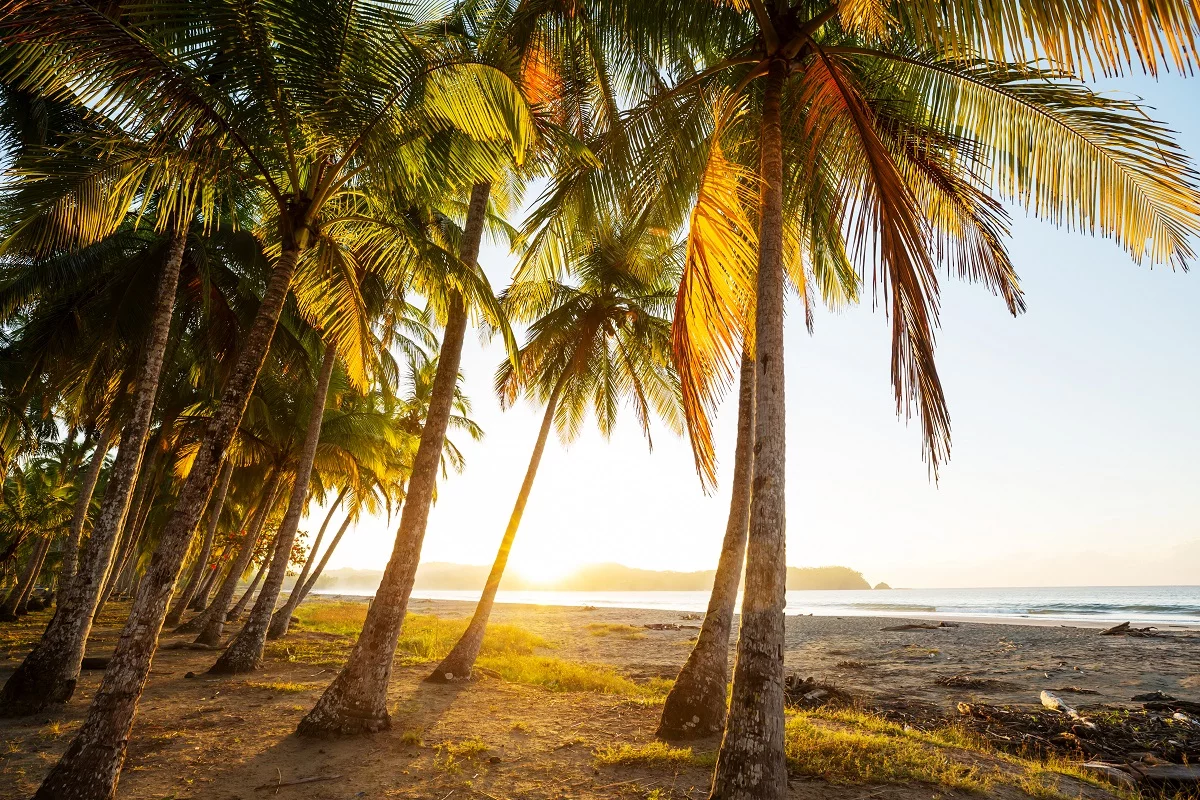
Portugal
Portugal is one of the most attractive destinations for retirees due to its low cost of living, mild climate, and high-quality medicine. Let's understand the advantages of this country in more detail.
Climate
Summers in Portugal are dry and sunny with an average temperature of about +20 °C; winters in the north are rainy and cold (+4 °C to +10 °C), but snow is usually present only in the mountains.
Visas for Pensioners
It is possible to apply for the Portuguese “D7” visa, which is intended for pensioners and those who earn a “passive income” (it must exceed the local minimum wage of €932.77).
Buying and renting an apartment
Buying an apartment in Portugal is possible within the range of $1400–$2300 for 1 square meter.
Renting a one-bedroom apartment in Portuguese cities can cost between $414–$618, with three bedrooms — $700–$1073.
The cost of utilities is $103.89.
The Cost of Living in General
Excluding housing, the total cost of living in Portugal for two people will be around $931.85. In Lisbon, Porto, or the Algarve, you need to count on higher costs.
Quality and Cost of Medical Care
Health care in Portugal is affordable and ranked 12th by the WHO. Portuguese residents can avail themselves of both public and private service systems. Paid insurance costs around €50/month per person.
Transportation
The country has three international airports.
Portugal's highway system is one of the best in Europe; it is easy to navigate, and there are plenty of rest stops along the way.
One of the best ways to get around in Portugal is by public transport. Bicycle rentals, ferry transport, and “infamous” funiculars or elevators (these are cable cars that travel vertically up steep slopes) are also available.
A monthly pass costs $42.65, a cab ride (1 km) costs $4.08, and a liter of gasoline costs $1.71.
Safety
Portugal is one of the safest countries in the world, ranking 6th in the Global Peace Index. So you don't have to worry about crime.
Social Life
The country has more than 500,000 foreigners from all over the world, so it's easy to fit into the local community. Dating is especially easy in popular locations for expats such as Porto, the Silver Coast, Lisbon, and the Algarve.

Mexico
Mexico is considered one of the best places to retire for several reasons: the rich culture, the hospitality of the locals, and yet all the amenities and luxury living options are available at fairly low prices. In fact, thanks to the relatively low cost of living, you will be able to afford many more expensive pleasures and entertainment here.
Climate
Mexico has a varied climate, ranging from tropical in the south to desert and temperate in the central and northern regions. However, it is predominantly warm and sunny all year.
Visas for Pensioners
You can first obtain a temporary resident visa and reside in Mexico in this status for up to three years (renewing the document annually). Applicants for temporary residency must show a statement of income, which must be between $3300 and $4600 for the last six months. Another option is to have between $54,000 and $74,000 in an account for the last year.
When those four years have passed, you can either reapply for a temporary resident visa or convert it to a permanent resident visa. The permanent visa is available to people who can demonstrate a minimum income or pension of about $5500–$7500 per month for six months or an average bank balance of about $215,000–$293,000 in the last year. There is no longer a time limit on the validity of the permanent visa.
Buying and Renting an Apartment
You can buy an apartment in Mexico for $590–$825 per 1 sq.m.
Renting a one-bedroom apartment in Mexican cities can cost between $165–$265, with three bedrooms — $340–$505.
The cost of utilities is $35.
Cost of Living in General
Excluding housing, the total cost of living in Mexico for two will be approximately $562.04.
By the way, residents aged 60 and over can take advantage of the local INAPAM program, which provides discounts on transportation, medical costs, utilities, taxes, and more.
Quality and Cost of Care
In addition to the IMSS health insurance, which costs from $300 to $800 per year depending on your age, legal residents can apply for INSABI, a free public health insurance plan, or buy private insurance.
Security
In Mexico, you need to be on guard because the country is one of the most dangerous in the world. The most dangerous states are Tabasco, Veracruz, Guerrero, Oaxaca, and Chiapas.
The safest city in Mexico is considered Merida, which, along with its affordability, makes it a popular destination, including for retirees.
Transportation
A popular means of transportation in Mexico are the brightly colored buses known as “camions.” An alternative is the Mexican subway system in Mexico City.
A monthly pass costs $15, a cab ride (1 km) costs $1.51, and a liter of gasoline costs $0.82.
Social Life
Wherever you live in Mexico, you are likely to find an immigrant community, so there will be plenty of opportunities to meet and socialize. There are also free concerts, street theaters, and other social events in most cities and towns.
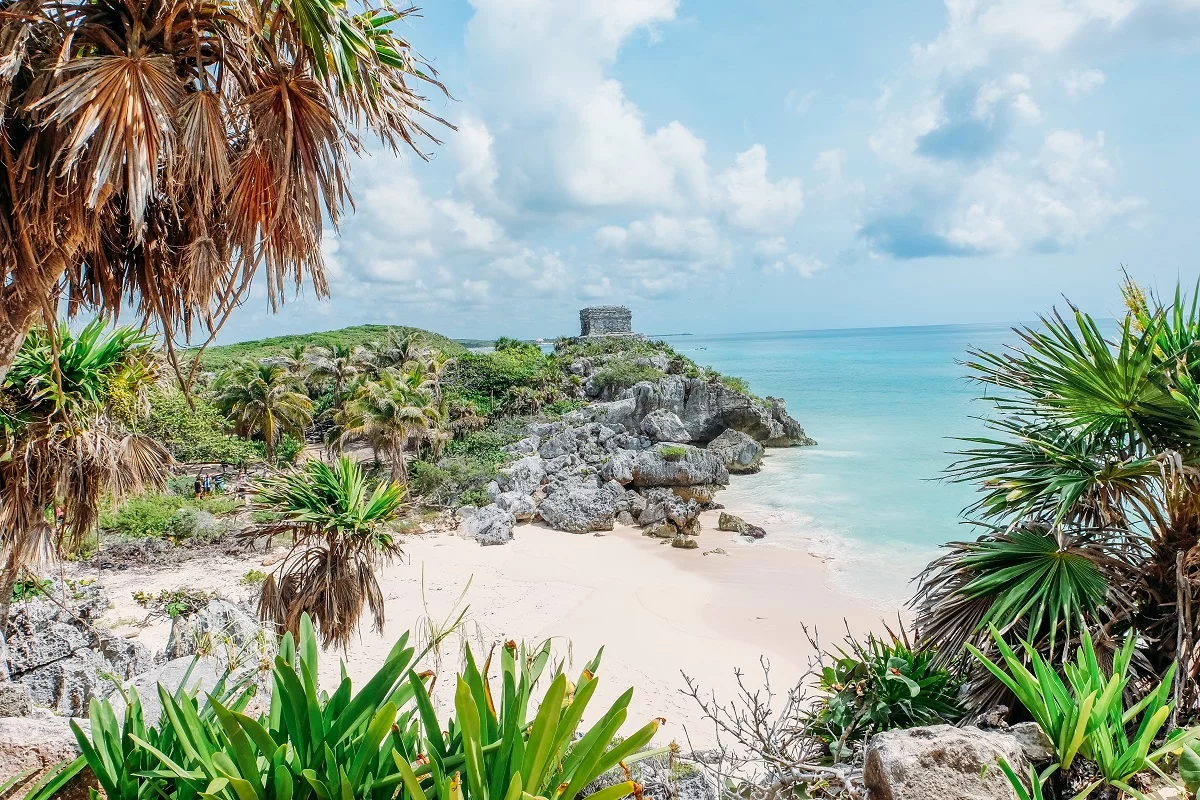
Panama
Panama appeals to retirees and remote workers for its laid-back lifestyle in a tropical climate. Beaches, jungles, and major cities are all at your service.
Climate
Panama is one of the sunniest places on the planet. The average daytime temperature is about 30 degrees Celsius, and it is about 10 degrees cooler when there is no sun in the sky. The most popular town with expats is Boquete. This picturesque place has spring weather all year.
Visas for Pensioners
If you receive a pension of at least €1000 per month, you can easily move to Panama on a Pensionado visa. This can be a pension from the government, a private company, a trust or a foundation. If you do not have a pension but plan to buy a house here, you may qualify for a Friendly Nations visa — the value of the property must start at $200,000.
Buying and Renting an Apartment
An apartment in Panama can be purchased for $1400–$2200 per "square".
Renting a one-bedroom apartment in Panama City can cost between $520–$800, and a three-bedroom apartment can cost between $980–$1600
The cost of utilities is $70.
The Cost of Living in General
Excluding housing, the total cost of living in Panama for two will be approximately $920.
Quality and Cost of Medical Care
As a foreign retiree, you are eligible to participate in the Caja de Seguro Social (CSS), Panama's public health care system. To qualify, you will need to meet certain requirements, such as having a "Pensionado" (retirement visa) and receiving a pension of at least $1000 per month. CSS provides discounted medical services: they are, for example, 15% for hospital bills and 20% for doctor consultations.
You can also choose private or international health insurance (includes medical services both inside and outside of Panama). Private health insurance premiums can start at $50 to $100 per month for basic coverage, and the average cost range for international insurance in Panama is $2800 to $5700 per year.
Safety
Panama is generally considered a safe country for residents and tourists. It has a relatively low crime rate compared to many other countries in the region. However, as in any other place, it is always important to exercise caution.
Transportation
Panama's main international airport allows easy access to cities in the U.S., Canada, and Europe.
In Panama itself, such means of transportation as water cabs are popular, as is the Panama Canal Railroad.
A monthly pass costs $30.73, a cab ride (1 km) costs $1.52, and a liter of gasoline costs $0.73.
Social Life
Panama has people from all over the world — from the United States, Venezuela, France, Korea, Jamaica, Canada, etc. Therefore, people are comfortable socializing and interacting here, enjoying freedom and security.
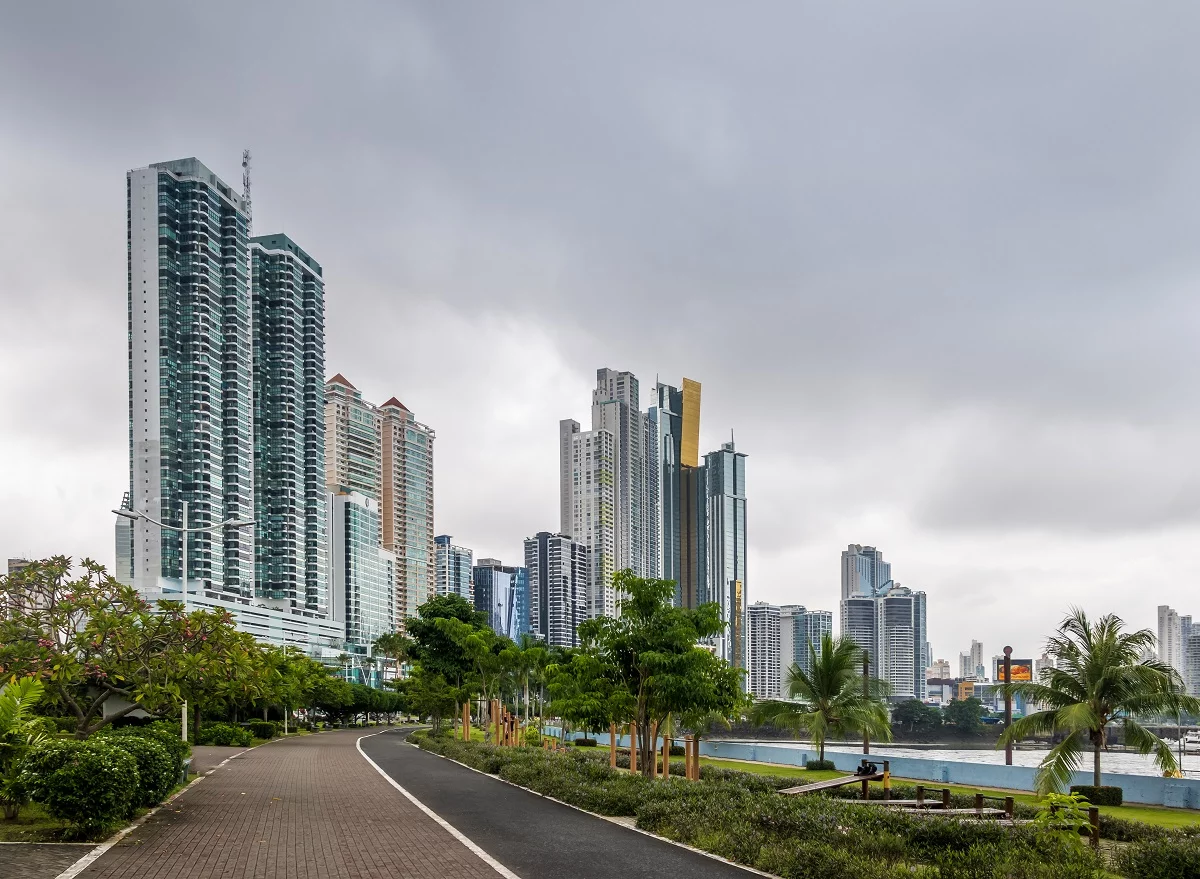
Ecuador
Ecuador, which lies between Colombia and Peru, has consistently ranked among the top ten places for retirees in the world. The country is especially popular among North Americans and Europeans.
Climate
The weather in Ecuador is almost perfect no matter where you live: you can sit on the beach and enjoy the cool sea breeze with a temperature of 21 °C or settle in the Andes, where temperatures will be between 15 and 20 °C.
Visa for Pensioners
Foreign retirees interested in moving to Ecuador can apply for a special “Retiree Visa.” The minimum monthly pension must be at least $820.
Buying and Renting an Apartment
Intending to buy an apartment in Ecuador, you should expect the cost of a "square meter" in the range of $1100–$1300.
To rent an apartment with one bedroom in the cities of Ecuador can be within $255–$320, with three bedrooms - $463–$552.
The cost of utilities is $38.
The Cost of Living in General
Excluding housing, the total cost of living in Ecuador for two will be about $820.
Quality and Cost of Medical Care
The cost of IESS public health insurance in Ecuador for foreign retirees is usually calculated as a percentage of your monthly pension. This percentage can range from 17% to 21%. For example, if your pension is $1000, the monthly cost of IESS health insurance would be about $170 to $210.
The cost of private health insurance for foreign retirees in Ecuador can range from about $100 to $500 per month or more.
International health insurance premiums can range from $200 to $1000 per month or more, depending on the level of coverage and personal circumstances.
Security
Ecuador has a relatively low crime rate. By following the usual precautions, you can live safely in this South American country.
Transportation
Ecuador has excellent domestic air service for long-distance travel. There is also a well-developed bus system and rail network.
A monthly pass costs $12.12, a cab ride (1 km) costs $1.26, and a liter of gasoline costs $0.44.
Social Life
Emigrants are scattered throughout Ecuador, depending on their lifestyle. The larger immigrant communities are in Salinas; the slightly smaller communities are in the village of Cotacachi and the modern resort town of Cuenca.
It is worth noting that Ecuador provides many opportunities for outdoor activities such as hiking, surfing, and bird watching.
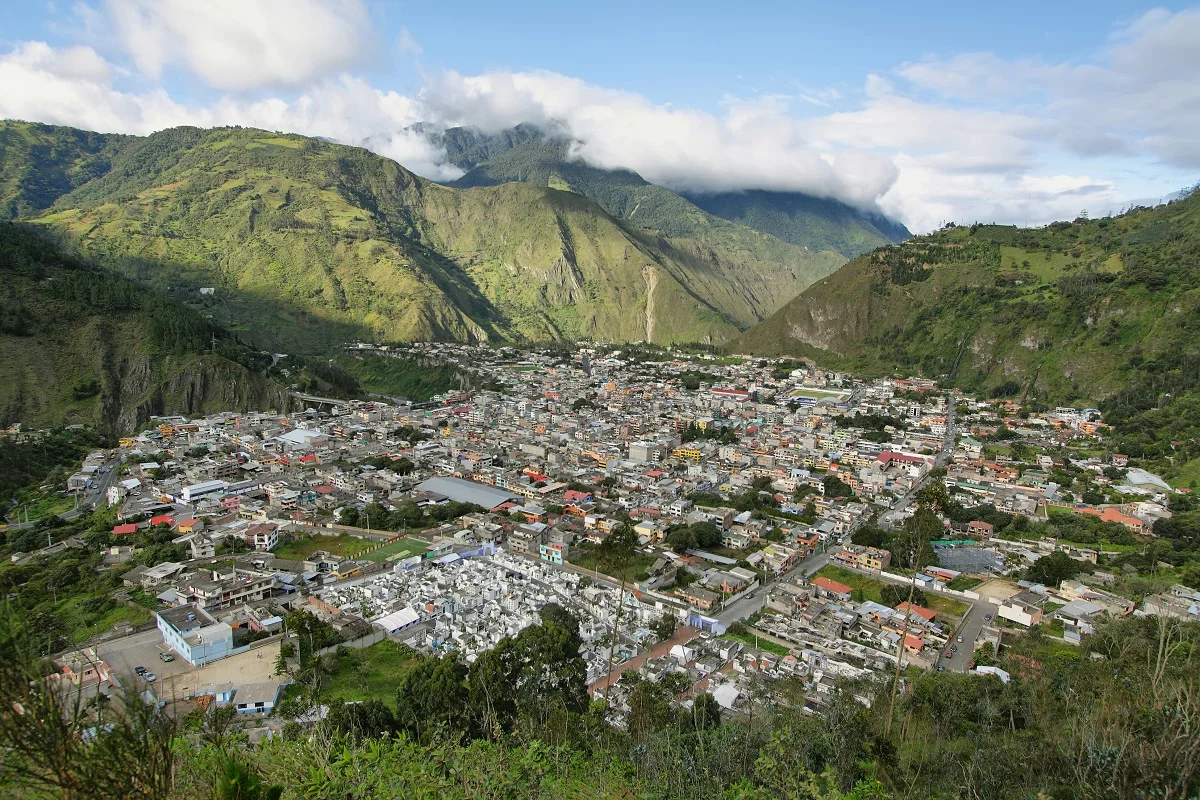
Frequently asked questions
Which countries are among the top best places for retirees to live?
In which countries is it easiest to obtain a residence permit for pensioners?
Which countries have the lowest living expenses?
Which countries are the safest for retirees?
Author
I am responsible for editorial work. I write expert interviews and guides.
















